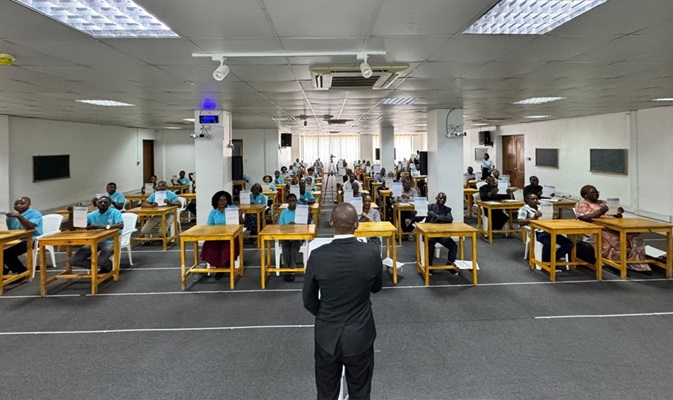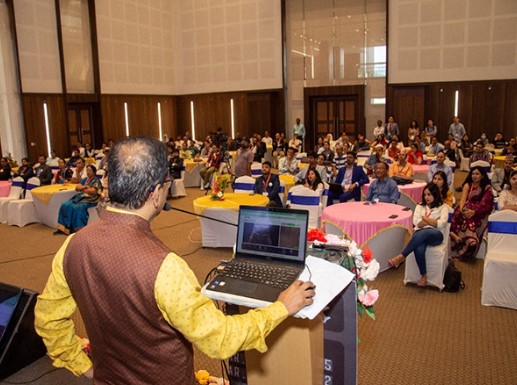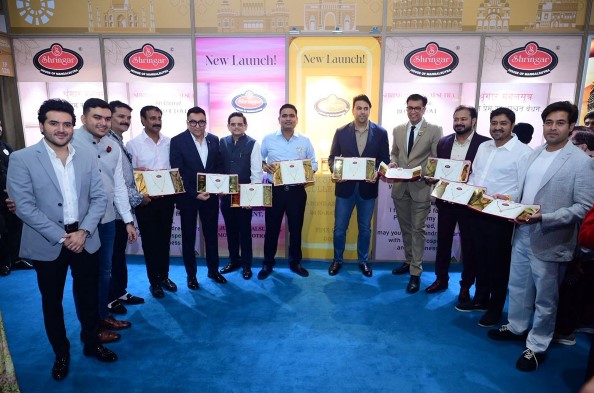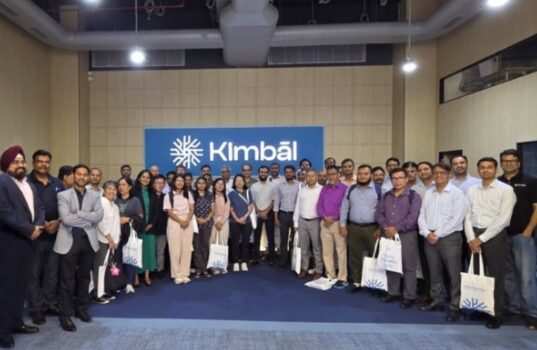
New Delhi [India], July 31: As the world’s fourth-largest economy, having recently surpassed Japan, India is rapidly strengthening the backbone of its infrastructure to fuel its soaring economic growth. At the heart of this transformation lies the push for reliable, clean, and intelligent energy. Smart metering has emerged as a foundational enabler in modernizing the country’s power distribution landscape. With the Government of India targeting 250+ million smart meter installations under RDSS and encouraging discom digitalization, the energy transition is no longer just about generation; it’s about intelligent, responsive grids at the last mile.
Kimbal Private Limited recognized this shift early. In 2011, it set out to solve one of the most complex challenges of the energy value chain: distribution-side modernization. Over the past decade, the company has built its leadership in smart metering by delivering integrated, scalable solutions tailored to India’s diverse utility needs. Today, it stands as a trusted partner to leading discoms in India’s north, northeast, east, west, and central regions, while scaling up further to cater to massive opportunities soon to emerge in the leading utilities of Southern India.
As part of its continued commitment to regional collaboration, Kimbal hosted a high-level delegation from the South Asia Subregional Economic Cooperation (SASEC) program last week. The delegation, accompanied by representatives from India’s Ministry of Power, the Asian Development Bank, and the Indian Electrical and Electronics Manufacturers’ Association, toured Kimbal’s Mega Manufacturing Plant — a 250,000 sq. ft., automation-enabled facility capable of producing 12 million meters annually.
“Kimbal’s journey is deeply aligned with India’s energy goals. We are proud to have contributed to how power distribution is evolving in our country,” said Gurpreet Oberoi, Kimbal’s Chief Business Officer. “And we’re excited to partner with our South Asian neighbors as they progress on similar journeys.”
Kimbal’s product portfolio reflects its system-level approach to grid modernization. From next-generation smart meters (single phase, three phase, LTCT, HTCT) to its RF Mesh Communication Infrastructure (Vayu), Network Interface Cards, and Enterprise Head-End System (Vaani), the company offers end-to-end Advanced Metering Infrastructure (AMI) solutions. Their AI-powered solution, Samaksha, has been game-changing for many Indian utilities struggling with billing collection from static meter users–a successful tool that SASEC nations may like to adopt. Upcoming innovations include Energy Management Solution, a tool for commercial and industrial users to optimize power procurement by matching demand with the lowest-cost supply in real-time, along with low-cost RTU and Energy Monitoring Tool. NILM is another of their upcoming offerings: it is an energy tracker that breaks down household consumption by appliance, making power usage easy to understand and budget. These technologically advanced solutions showcase Kimbal’s strong focus on analytics and energy automation.
This innovation-led roadmap has translated into strong growth. In FY25, Kimbal’s revenue grew nearly 4X — a testament to the company’s ability to scale with purpose and precision.
India is now preparing for the next wave of grid intelligence under AMI 2.0, which aims to go beyond billing and empower utilities with real-time data, predictive analytics, and advanced grid control. Kimbal has consistently been ahead of the curve — not only anticipating these shifts but building for them. With a legacy of spotting opportunity early, the company is expanding from smart meters, Enterprise HES to in-house developed RF-mesh communication technology, and a future-ready portfolio of energy tech solutions.









